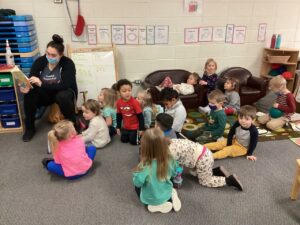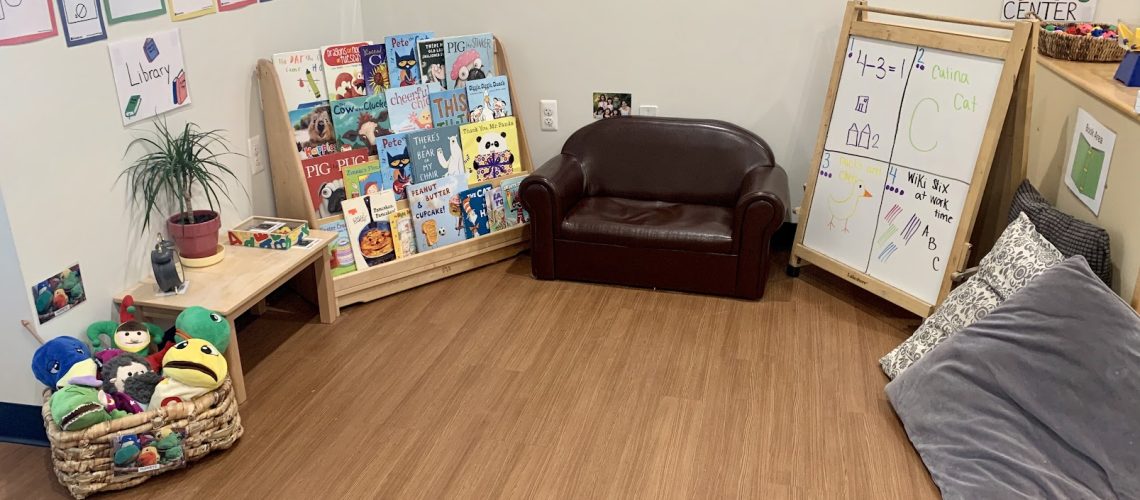Reading aloud with young children and providing opportunities for them to actively engage with text is an important part of a comprehensive language and literacy curriculum. Simply inviting children to talk during a book-reading experience is not enough to promote growth in literacy development. It’s the type of talk that matters.

Check out these effective ways to support the development of children’s comprehension skills.
GETTING READY TO READ
Before opening the book, you might invite children to predict what it might be about by looking at the front and back covers or a few illustrations throughout the book to build children’s anticipation.
READING THE BOOK
Position the book so children can easily see the text and illustrations and you can comfortably read the text. As you read, stop and engage children by asking them questions that prompt critical thinking about the text.
AFTER READING THE BOOK
After reading the book, encourage children to reflect upon and discuss what was read. This helps children make connections between the text and their own experiences, summarizing story events, and uncovering themes or messages presented in the book. This also allows time to review literacy concepts (e.g., rhyming, print features, vocabulary) explored during specific readings.
We are here for our families and love to share the tools we use in the classroom for families to also try some of these styles at home. One of our Core Values, “Putting Families First” is one we particularly work hard at to be sure we are meeting the needs of our young growing learners.

